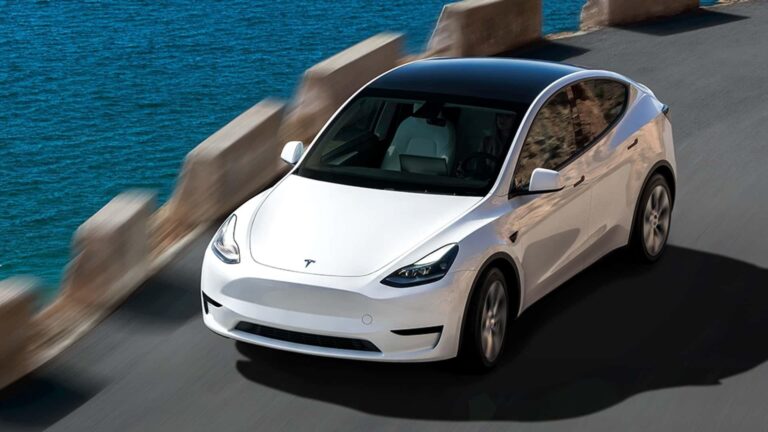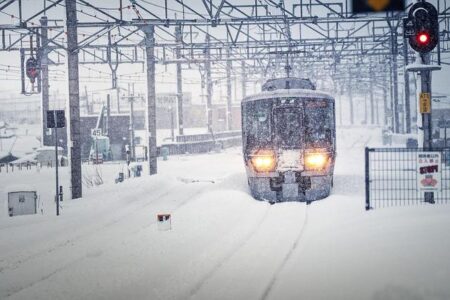Tesla is advancing its global expansion of Full Self-Driving (FSD) capabilities, with plans underway to introduce the technology to Japan and Thailand. According to recent reports from Teslarati, the electric vehicle pioneer is actively preparing for regulatory approvals and infrastructure readiness in these key Asian markets. This move signals Tesla’s continued commitment to broadening the reach of its autonomous driving system beyond North America and Europe, potentially setting the stage for significant growth in Asia’s evolving EV landscape.
Tesla Accelerates Regulatory Approvals to Launch Full Self-Driving in Japan and Thailand
Tesla is actively engaging with regulatory bodies across Japan and Thailand as it pushes forward the launch of its coveted Full Self-Driving (FSD) technology in these rapidly expanding automotive markets. The company has reportedly submitted comprehensive compliance documents and is conducting rigorous local testing to ensure the software aligns with national traffic laws and safety standards. Tesla’s efforts reflect a strategic move to tap into Asia’s growing demand for advanced electric vehicle technologies, with both countries poised to become key players in autonomous driving integration.
Industry insiders highlight several critical focal points in Tesla’s approval process, including:
- Localization of FSD features to accommodate region-specific road layouts and driving behaviors
- Collaboration with transportation departments to establish clear safety protocols and liability frameworks
- Public awareness campaigns to educate potential users about the capabilities and limitations of FSD
| Country | Regulatory Status | Target Launch Q |
|---|---|---|
| Japan | Pending final approval | Q4 2024 |
| Thailand | Early-stage consultations | Q1 2025 |
Challenges and Opportunities in Introducing FSD Technology to Asian Markets
Introducing Full Self-Driving (FSD) technology into Japan and Thailand presents a complex mix of hurdles and potential rewards for Tesla. Regulatory frameworks in these countries remain stringent, with Japan’s rigorous safety standards demanding exhaustive testing and certification before mass adoption. Meanwhile, Thailand’s evolving infrastructure and nascent autonomous vehicle policies pose regulatory uncertainties but also offer fertile ground for innovation and pilot programs. Language localization and cultural nuances, such as driving habits and traffic dynamics, further accentuate the challenge of adapting the FSD system to meet regional expectations without compromising safety and user experience.
Despite these obstacles, the Asian market exhibits compelling prospects for expansion. Rising urbanization and increased smartphone penetration fuel demand for advanced mobility solutions, positioning FSD as a transformative product. Tesla’s technological edge could accelerate market acceptance if combined with strategic partnerships and government incentives. Key opportunities include:
- Integration with smart city initiatives to leverage IoT and connected infrastructure.
- Customization of navigation algorithms tailored to local road conditions and traffic patterns.
- Collaboration with regional tech firms to enhance software localization and support services.
| Market Aspect | Japan | Thailand |
|---|---|---|
| Regulatory Environment | Highly regulated; strong focus on safety | Evolving policies; room for pilot projects |
| Infrastructure | Advanced, extensive road networks | Developing, urban centers prioritized |
| Consumer Readiness | Tech-savvy population; cautious adoption | Growing interest; early adopters present |
Strategic Recommendations for Tesla to Ensure a Successful FSD Rollout in Japan and Thailand
To maximize the success of Tesla’s Full Self-Driving (FSD) system launch in Japan and Thailand, a tailored approach that respects each market’s unique regulatory and cultural environment is crucial. Tesla should prioritize engagement with local authorities to ensure compliance with stringent automotive laws and safety standards. Developing partnerships with government bodies and safety organizations will facilitate smoother certification processes and foster public trust. Additionally, investing in localized software enhancements, such as adapting to Japan’s complex urban infrastructure and Thailand’s diverse traffic patterns, will improve system reliability and user confidence.
Equally important is a comprehensive public education campaign highlighting FSD’s capabilities and limitations to manage expectations realistically. Tesla can benefit from:
- Localized training programs for Tesla owners and driving schools.
- Strategic marketing efforts emphasizing FSD’s safety benefits tailored to cultural contexts.
- Customer support centers staffed with native speakers offering real-time technical assistance.
| Key Focus Area | Japan | Thailand |
|---|---|---|
| Regulatory Engagement | Strict compliance with traffic laws, Ministry collaboration | Flexible approaches, work with Thai Land Transport Department |
| Infrastructure Adaptation | Complex urban design, advanced navigation features | Rural and urban traffic variability |
| Customer Support | Dedicated hotline, multilingual assistance | 24/7 local support, mobile advisory units |
Key Takeaways
As Tesla advances its Full Self-Driving technology into new markets, the company’s preparations to launch FSD in Japan and Thailand mark a significant step in its global expansion strategy. By navigating regulatory landscapes and adapting to diverse driving environments, Tesla aims to extend its autonomous driving capabilities to a broader international audience. Industry observers will be watching closely to see how these developments influence the future of mobility in Asia and beyond.




